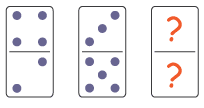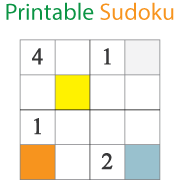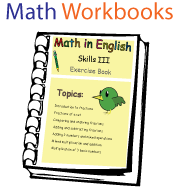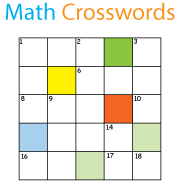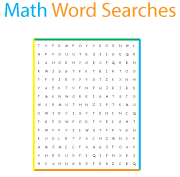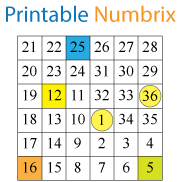These are our Unit Rates (Basics) elementary math worksheets. Click on the previews to go to download page.
Here you find our ratio and proportion worksheets for math classes 5 and 6.
Ratios are used to make a comparison between numbers or units. Ratios can be written by using the word 'to', 3 to 2, by using a colon:, 3 : 2, or by expressing the ratio as a fraction: 1/2. Working and finding the ratios between numbers is both challenging and exciting. It gives math students an opportunity to assess their multiplication, division and fraction skills.
Ratios are mostly expressed in their lowest or simplest terms, which is pretty similar to expressing fractions in their lowest terms. 2 : 6 is similar to 2/6 and reducing the ratio or the fraction is identical and results in 1 : 3. Ratios like 203 : 19 are a bit more difficult to reduce (divide by 19 as you already knew). We can also express ratios as decimals or as units. An example of a ratio unit can be: 3 days to 3 weeks (ratio 1 : 7). When we use time or measurment units, finding ratios can be quite challenging.
What is now exactly the difference between ratios and proportions? In general we can say that a ratio is a comparison between 2 numbers or magnitudes (units) and proportion can be defined as an equation with ratios on both sides. We must admit, though, that the exact difference feels rather vague to us and understand why ratio and proportions are often used together or in combination of each other.
We have hundreds of ratio and proportion worksheets for grade 5 and 6 math class based on the Singapore math curriculum. Our ratio worksheets come in PDF form and are free to download for math students, tutors, teachers and can be integrated in an online math educational program.
Ratio and Proportion worksheets: Our ratio and proportion worksheets for math grades 5 to 6 cover: finding ratios worksheets, equivalent ratio worksheets, simplifying ratios worksheets, ratio tables worksheets, calculating proportions worksheets, finding unit rates worksheets.
- Interpretation of a:b or a:b:c using whole numbers, fractions and decimal numbers.
- Expressing ratios of numbers, decimals and fractions
- Being able to reduce ratios to their lowest terms/simplest form
- Being able to come up with equivalent ratios
- Being able to find missing terms in ratios and proportions
- Creating proportion out of sets of numbers
- Being able to find one quantity given the other and the ratio
- Solving ratio and proportion word problems
- Being able to divide numbers in parts given their ratios
- Solving real life problems involving ratios and proportions


 Unit Rates (Basics)
Unit Rates (Basics).gif)
.gif)
.gif)
.gif)
.gif)
.gif)
.gif)
.gif)
.gif)


